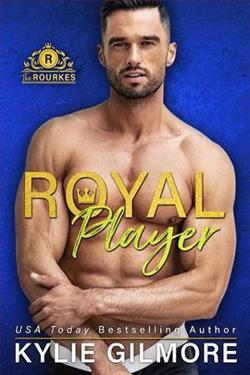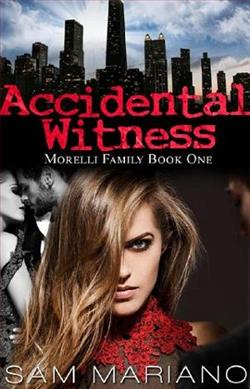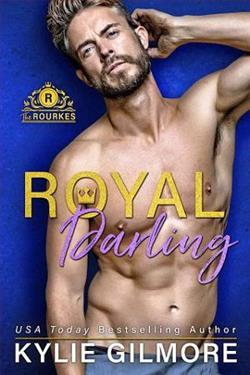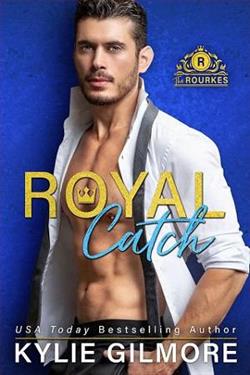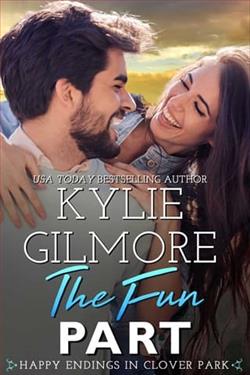Page 46 of Carry On
Aftermakingmorepoorchoices that involved letting Nash bend me over the counter again and fuck me into oblivion, I felt better. Wildly better. Was it my best idea? Probably not. But whatever. I was trying not to overthink it. We had other things to focus on.
As I filled two tall glasses with ice water, Nash reclined on my couch with his feet up on the coffee table and his head tipped back. His eyes were closed as he mindlessly strummed his guitar. I watched with something akin to admiration. The way his fingers moved was fluid. Magic. It was nothing short of fascinating.
“Where’d you learn to play?” I asked as I rejoined him, sitting in the nearby chair to give him space.
“My mom played,” Nash answered softly. “This guitar was hers.”
Played. Was.
The past tense wasn’t lost on me.
“Can I ask what happened to her?”
“Is this the part where we bear our fucking souls to one another?” he demanded. One green eye peeked open, practically glaring at me. When I shrugged, he muttered, “I’d rather go back to sucking you off.”
I made a sound but otherwise ignored it. We had to actually talk to each other, not just fuck each other into next week and pretend everything else didn’t exist. He sighed and stopped strumming.
“My dad was an addict—is an addict,” he began. “He walked out on us when I was seven. I mean fuck him. I knew more about buying alcohol than I did basic math by the time he walked out. My mom… she was a badass. Even when my dad was around, she worked her ass off to take care of us and still somehow managed to be home in time for bedtime.”
He plucked a string or two.
“After my dad left, it was just me and her,” he continued. “Without him, it was harder on her. I saw her less and less, but she tried. Once a month, she’d take a Sunday off. We’d pack a bunch of food and her guitar and just start driving in a random direction until we found somewhere to picnic. We never went to the same place twice. We’d eat, she’d play her guitar, and sometimes she’d teach me. It was always my favorite day of the month.”
“That sounds nice,” I said. Then, daring to push a little further, I asked, “What happened to her?”
“Car crash on a Sunday.”
Oh, shit.
”You were in the car.” There was no question about that.
“I was fifteen. The paramedics said I died,” Nash told me, his voice barely audible. “Sometimes, I wish I had.”
And there it was again. That deeply uncomfortable feeling in the pit of my stomach—the one that was likely reading too much into what he’d said.
Wished. He probably meant wished as in… the feeling was old and he’d outgrown it.
“After that, I was sent to live with my dad in Pine Creek,” he said. His fingers danced along the strings, picking up again. The pace was faster and more pronounced as if he channeled his anger into it. “He’d gotten his shit together—gotten sober, had a decent job, got remarried. I even had a baby brother, Peter.”
He fell silent, and I let him. There wasn’t a lot I could say to anything he was sharing with me. Instead, I just let him do his thing as he took his feelings out on the guitar. To be honest, whatever he was playing, I felt it inmy soul. The angst. The frustration. The raw emotion. Those notes said more than his words ever could.
They were deeply personal things I normally wouldn’t be privy to. It was an unspoken honor to sit and listen to him.
Several minutes later, he cleared his throat and sat up.
“I enlisted in the Army when I was eighteen to get the fuck out of Pine Creek,” Nash said. “I think it’s not real hard to figure out what happened next.”
I could hazard a guess.
Military.
Discharge.
Decline.
Unhoused.
And now a marriage proposal.









